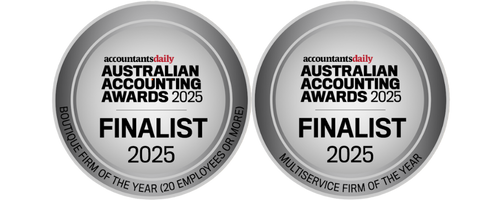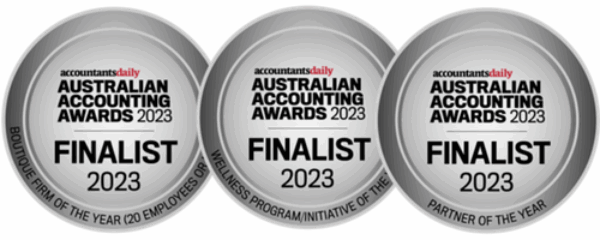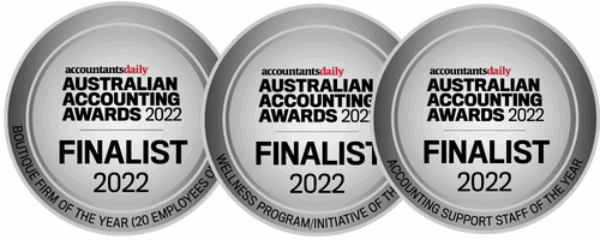It is becoming increasingly popular for clients to buy property, subdivide and/or rebuild and then on-sell the property. The tax implications that result from these transactions can vary depending on the type of project undertaken, so careful consideration needs to be given to the factors that indicate the intention of the transaction/s.
There are three ways to report profits from the sale of property developments:
- A property development business,
- A one-off profit-making scheme, or
- The mere realisation of a capital asset.
To determine which category is most appropriate for a particular project it is necessary to consider all the relevant facts applicable to each situation.
Whilst no factors are conclusive, the Australian Taxation Office (ATO) considers the following factors relevant to whether you may be running a business:
- you expect to profit from the activity,
- there is repetition and/or regularity in your activities,
- the size of your activity is consistent with businesses in the same or similar industries, and
- you operate in a business-like manner.
If you engage in the transaction with the intent to make a profit, but do not operate in a manner consistent with running a business, then the activity would be considered a one-off profit-making scheme.
Simply taking steps prior to the sale of a property to increase the property’s value or maximise the proceeds from the sale of a property does not automatically change the transaction from realisation of a capital asset to a profit-making intent. Depending on the degree of work undertaken, the sale could be considered the mere realisation of a capital asset in the most beneficial way and therefore the sale would be on capital account, not revenue.
In each situation different tax legislations affect the tax implications relating to the project. For instance, a business will generally claim expenses throughout the life of the project and must account for opening and closing stock each year. Individuals and partnerships running businesses need to consider the non-commercial loss regulations and the impact these rules will have on losses arising from business activities.
A profit-making scheme is generally reported as an overall profit or loss at the end of the project and would not be subject to the non-commercial loss rules which only apply to business activities. Reporting a significant loss on revenue account is likely to attract the attention of the ATO though, so it is important to carefully document the factors supporting your decision to classify the project as a one-off profit-making scheme if the project results in a significant loss.
If the sale is mere realisation of an asset held on capital account, then if eligible, you would get access to the 50% general capital gains tax (CGT) discount on profit from the sale, however any capital losses would be quarantined and only available to offset capital gains income.
It is also important to consider your obligations under the Goods & Services Tax (GST) legislations in relation the project you are undertaking at the commencement of the project.
Due to the varying tax implications and reporting requirements in relation to the different types of project undertakings, it is important to engage with your advisor early and maintain contact throughout the project to ensure you meet your reporting obligations and achieve the best tax outcome for your situation.
For further discussions or advice in relation to property development projects please contact our office on 07 3221 5677 or book a meeting HERE.
By Tanya Bridge CA; Private Client Manager











